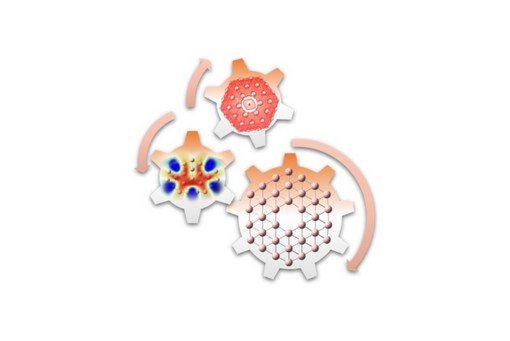Cooperativity and reactivity properties of medium-sized boron clusters: a combined density functional theory and information-theoretic approach study
Abstract
In continuation of our previous work of small boron clusters [Phys. Chem. Chem. Phys. 23, 24118 (2021)], we systematically examined the neutral and negatively charged boron clusters Bn/B'n�′ − (nε{8–38}) with planar or quasi-planar conformations, whose exotic properties have aroused considerable interest in the literature. We make use of two total energy partition schemes, conceptual density functional theory, and the information-theoretic approach to appreciate the cooperativity and reactivity properties. We found that neutral boron clusters are positively cooperative, but negatively charged boron clusters are negatively cooperative. Our results show that the origin of the cooperativity effect for the negatively cooperative boron clusters is much more complicated than the neutral boron clusters. For chemical reactivity, we unveil that the reactive sites are around the cluster periphery and boron atoms can be both electrophilic and nucleophilic. Global and local aromaticity for the boron clusters can be totally different. For the first time, we have observed helical spin density distributions for negatively charged boron clusters (B16– and B20–), which is reminiscent of helical molecular orbitals [Chem. Sci. 4, 4278 (2013)] in allenes, cumulenes, and oligoynes (polyalkynes). Collectively, our results should provide more insights to understand the exotic properties of boron clusters and henceforth yield novel potential applications.
Citation
Zhang, W., Zhao, Y., An, X., Fu, J., Zhang, J., Zhao, D., Liu, S., & Rong, C. (2022). Cooperativity and reactivity properties of medium-sized boron clusters: A combined density functional theory and information-theoretic approach study. Molecular Physics. https://doi.org/10.1080/00268976.2022.2157774


